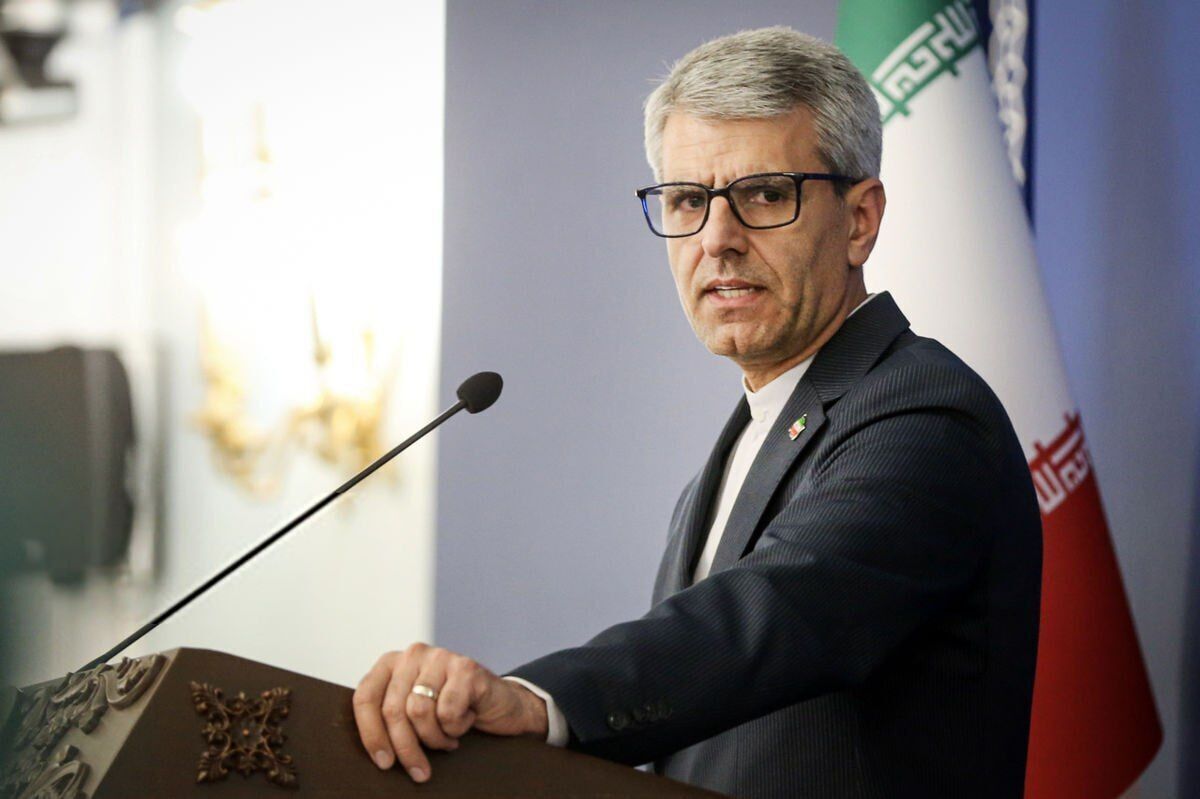
Similar Posts

Foreign Ministry Spokesperson Slams U.S. Sanctions as New Indirect Talks Loom
Foreign Ministry spokesperson Esmaeil Baqaei criticized new U.S. sanctions, claiming they undermine diplomatic efforts between Iran and the U.S. Announced before the fifth round of indirect talks, these sanctions raise doubts about Washington’s commitment to diplomacy. Baqaei condemned the sanctions as unlawful and inhumane, particularly their impact on the construction sector, stating they violate human rights and hinder Iran’s development. He expressed concerns that the sanctions, coinciding with ongoing negotiations, question America’s seriousness in seeking diplomatic solutions. Baqaei affirmed the Iranian people’s resilience against such measures, indicating significant implications for regional stability and international relations.
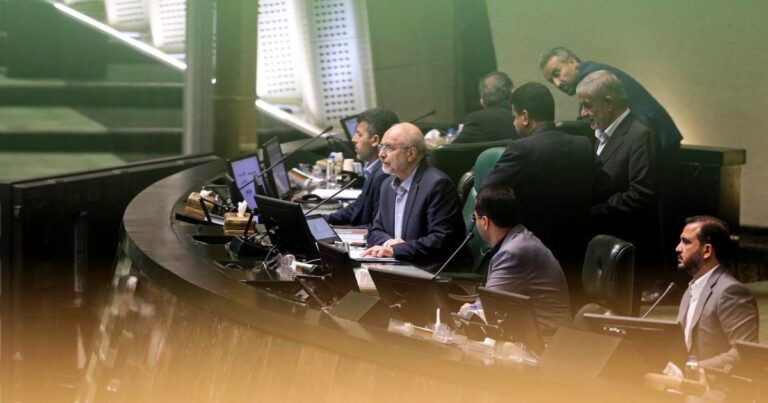
Tehran’s Red Lines Take Center Stage in Parliament’s Secret Session on US Negotiations
Iran’s parliament held a closed-door session to discuss nuclear enrichment, sanctions, and foreign oversight amid ongoing negotiations with the US. Spokesperson Abbas Goudarzi emphasized Iran’s commitment to peaceful domestic enrichment and its core demands: removal of sanctions, unfreezing of assets, and restoring banking ties. He clarified that discussions are strictly nuclear and reject inspections outside the International Atomic Energy Agency’s purview. Parliament Speaker Mohammad Bagher Ghalibaf dismissed Israeli Prime Minister Netanyahu’s comments as attempts to influence negotiations and warned against any US military action, stating Iran would respond decisively. The parliament remains steadfast in supporting Iran’s nuclear program amidst complex diplomacy.
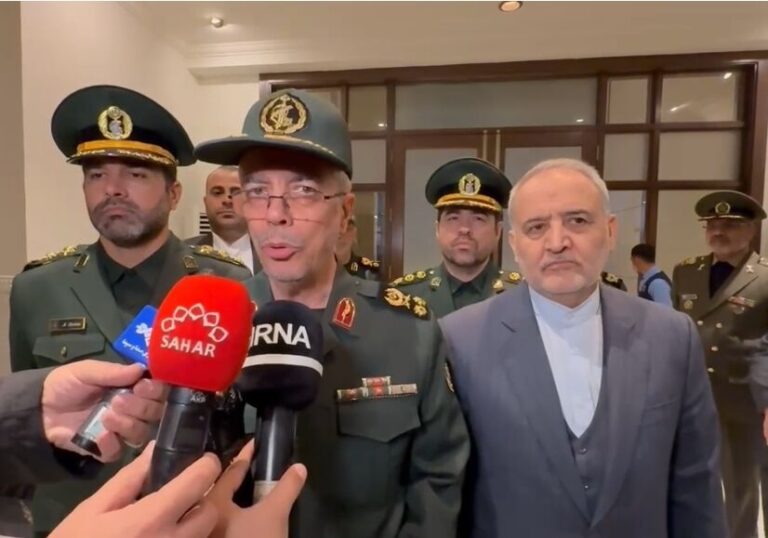
Iran’s Chief General Visits Pakistan: Discussions to Bolster Military Cooperation
Iran and Pakistan are significantly enhancing their military and security relations, as highlighted by Major General Mohammad Bagheri, Iran’s Armed Forces Chief of Staff, during his recent visit to Islamabad. He emphasized the strategic importance of cooperation between the two Islamic nations in the context of regional developments. Invited by Pakistan’s Army Chief, General Asim Munir, Bagheri’s two-day visit includes discussions with top military and political leaders, focusing on expanding defense cooperation, border security, counter-terrorism efforts, and addressing regional issues. Both countries aim to transform their shared border into a hub for economic collaboration and stability.
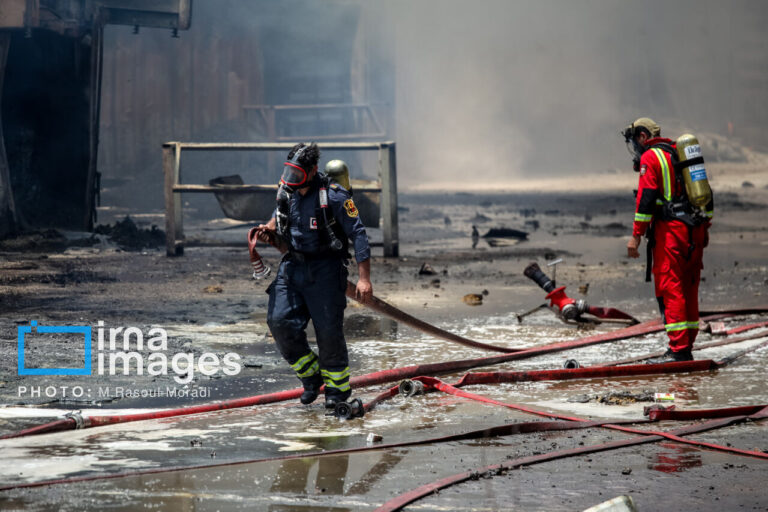
Shahid Rajaee Port Explosion: Investigation Committee Unveils Key Causes in Revealing Report
Following the tragic fire at Shahid Rajaee Port, investigations are underway to determine its causes. A committee found that lapses in safety principles and passive defense standards contributed to the incident. Security and judicial bodies are working to identify those responsible, with a comprehensive investigation ongoing. Interior Minister Eskandar Momeni attributed the explosion to negligence. The April 26, 2025, incident, triggered by a fuel tanker detonation, has resulted in a death toll of 70. Cleanup operations are expected to take about 20 days, as officials emphasize the need for improved safety measures to prevent future occurrences.
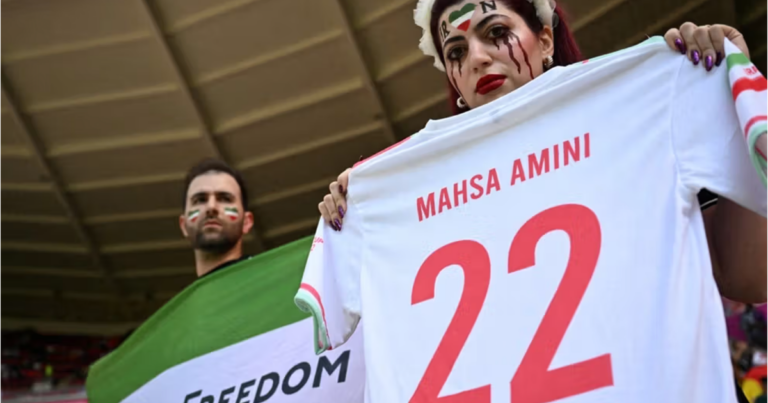
Exploring the Shift: Why Iranians Are Losing Faith in Their National Football Team
Iran’s national football team, Team Melli, recently qualified for the 2026 FIFA World Cup, but public enthusiasm was notably absent, reflecting deep societal and political divisions. Historically, such achievements sparked nationwide celebrations, but this time, the response was muted, with many expressing a disconnection from the team. The decline in support is influenced by the political climate following the “Woman, Life, Freedom” protests after Mahsa Amini’s death. Initial player solidarity with protesters waned under pressure, leading to disillusionment among fans, who now refer to the team as the “government’s team.” Attendance at matches has also significantly dropped, signaling a growing disconnect.
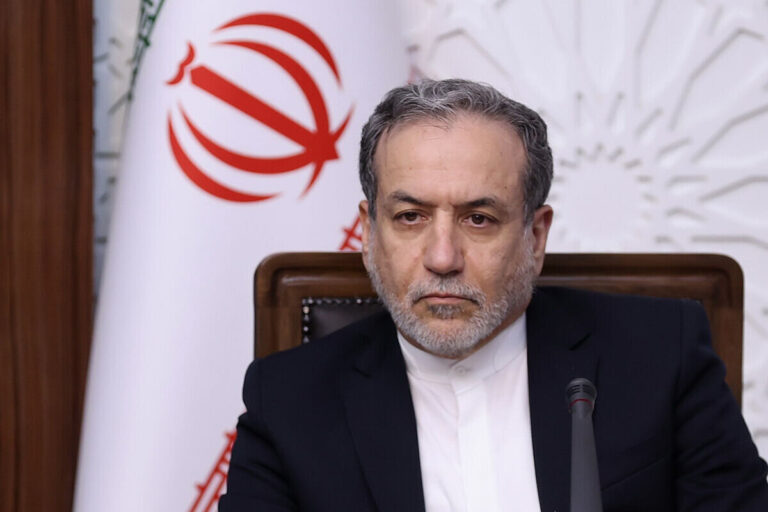
Iran Stands Firm: No Compromise on Uranium Enrichment Despite Pressure
In recent nuclear negotiations between Iran and the U.S., Iranian officials, including Foreign Minister Abbas Araghchi and Leader Ayatollah Khamenei, reaffirmed Iran’s firm stance on uranium enrichment, labeling U.S. demands as “nonsense.” Araghchi emphasized that uranium enrichment is non-negotiable and insisted that Iran will not compromise on its rights. Khamenei expressed skepticism about the potential success of the talks, stating that the U.S. insistence on halting enrichment is driven by ulterior motives. As negotiations progress, both sides remain committed to finding a resolution, with the outcome potentially affecting Iran’s nuclear ambitions and relations with the West.